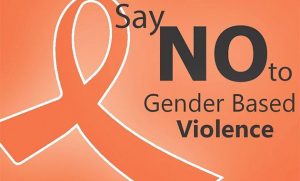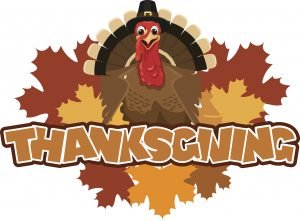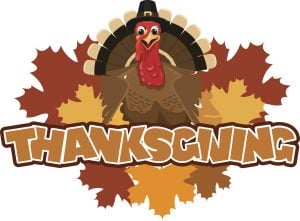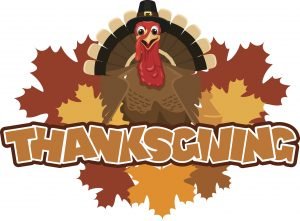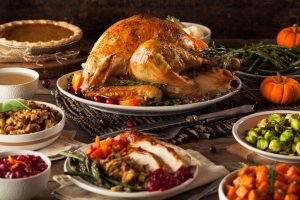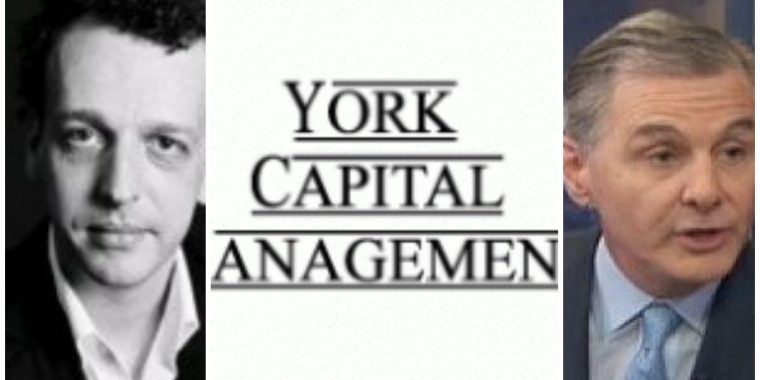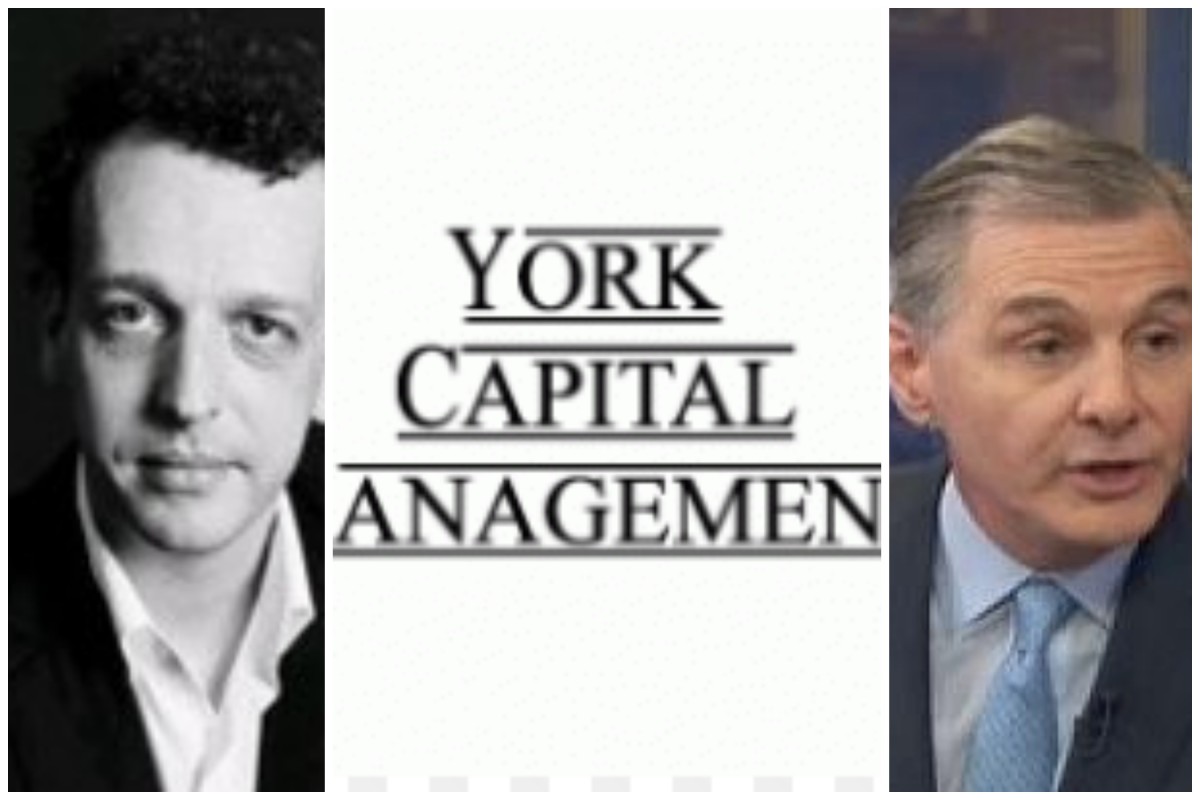Finance Minister Mthuli Ncube gestures during a media briefing in Harare, Zimbabwe, October 5, 2018. REUTERS/Philimon Bulawayo
If you are a low-income earner
There is not much tax relief for you. The tax-free threshold has only been raised slightly from ZWL$5 000 per month to ZWL$10 000 per month. Tax bands will begin at ZWL$10 001 and end at ZWL$250 000 per month. This does little for the poorest workers. For perspective; in October, a Zimbabwean family of five needed $18,750 just to stay above the poverty line.
If you earn more than ZWL$250,000, you pay the highest marginal tax rate of 40%.
If you are expecting a bonus, the bonus tax-free threshold has gone up from ZWL$5 000 to ZWL$25 000, with effect from 1 November 2020.
If you were tired of the 2% tax, sorry
The 2% tax on mobile money and other electronic transfers stays. The tax has been unpopular since it came in 2018, but Mthuli says it has “generated substantial resources that have enabled Government to support various infrastructure projects”, including the COVID-19 response.
So, the Minister isn’t giving much of this cash-cow away. You will no longer pay the 2% for transactions of up to ZWL$500, which is just a small increase from the current ZWL$300. For forex transactions, this tax will apply above US$5. The maximum of this tax that your business can pay has been raised from ZWL$25 000 to ZWL$800 000 on transactions with values exceeding ZWL$40 million, with effect from 1 January 2021.
If you were planning to import a car
Government will now control the importation of cars that are 10 years or older. Owning a car has just slid further from the reach of the majority, who cannot afford new vehicles. According to Mthuli, Zimbabwe has spent around US$1.3 billion importing buses and used cars over the past five years. Cars older than 10 years are now off the Open General Import Licence. This means that, from 2021, you will need a special import licence for older cars.
This doesn’t apply to commercial vehicles, such as trucks, tractors and earthmoving equipment used in mining or construction.
If you are a self-employed professional
It’s going to be a tough year for you, if you don’t have tax clearance. As government chases more tax dollars, you must budget for really high taxes. If you are a doctor, engineer or lawyer, you will have to pay ZWL$500,000 in presumptive tax per month. Architects pay ZWL$250,000. Realtors will have to work overtime – the tax is ZWL$1 million per month.
If you run a small flea market or downtown shop
Government is shaking down everyone. This includes those of you running small stalls at places such as the Gulf Complex in Harare. You will now be charged tax of the equivalent of US$30 per month for your unit. If you run a hair salon, you now pay ZWL$2 500 per month. A restaurant or your favourite bottle store is now required to pay ZWL$10 000 per month in taxes.
If you’re a landlord of a complex housing flea markets, stalls
Apart from chasing after rent, landlords now have an extra job; making sure tenants pay the presumptive tax. If you are a landlord and your tenants don’t pay this tax, you will pay a penalty equivalent to the amount of tax payable – plus interest.
To make it easier for ZIMRA tax inspectors, landlords of these commercial sites will need to keep a record of their tenants.
A new, special unit will be formed at ZIMRA to target the informal market.
If you’re a drinker or smoker
Your habit just got more expensive, a lot more. Excise duty on tobacco and alcohol is going up. Currently, excise duty on cigarettes is ZWL$100 per 1 000 cigarettes plus 20% of the ex-factory price. It is now going up to the equivalent of US$5 per 1 000 cigarettes plus 20% of the ex-factory price.
In other terms, excise duty on tobacco is up by 300%, 700% for spirits and 600% for beer.
BAT, the country’s biggest cigarette maker, has recently reported a drop in volumes. The new ‘sin tax’ will hit sales even harder.
Spirits, such as your Glenfiddich, currently cost 30% plus ZWL$10 for every litre of pure alcohol (LAA) in excise duty. This now goes up to 30% plus an equivalent of US$1 per LAA. Duty on other fermented beverages, including beers, goes up from ZWL$3 per litre to the equivalent of US$0.25 per litre.
If you are a trucker
Your trucks will no longer be allowed in city centres. A Traffic Zone Restriction is being enforced on heavy vehicles, including transit traffic, whether loaded or unloaded. Starting January 1, 2021, trucks will not be allowed in city centres or residential areas.
Option to pay toll gates in USD
You now have the option of paying for toll gates in US dollars. Small cars will pay US$2, while the charge is US$4 for buses, US$3 for minibuses and US$10 for haulage trucks.
If you had US$1000 or less in the bank when currency changed
Treasury is setting aside the equivalent of US$75 million to compensate losses suffered when government dropped the 1:1 exchange rate. The fund will be run by the Deposit Protection Corporation (DPC). A similar US$75m compensation scheme is planned for pensioners who suffered losses from the removal of the 1:1 currency peg in February 2019. This will be co-managed by Government and the Insurance Pension Commission, the insurance regulator.
Fuel importers to pay more, consumers may feel it
Excise duty on diesel will go up by US$0.05 to match the petrol duty, at US$0.30. This means diesel, whose price has tended to lag behind petrol, will cost more. A petroleum import duty of US$0.05 will also now be added to fuel imports that come into the country by road. The move is meant to force importers to use the government’s pipeline from Beira, which smaller fuel firms have found to be more expensive than using road transport.
Post published in: Business




